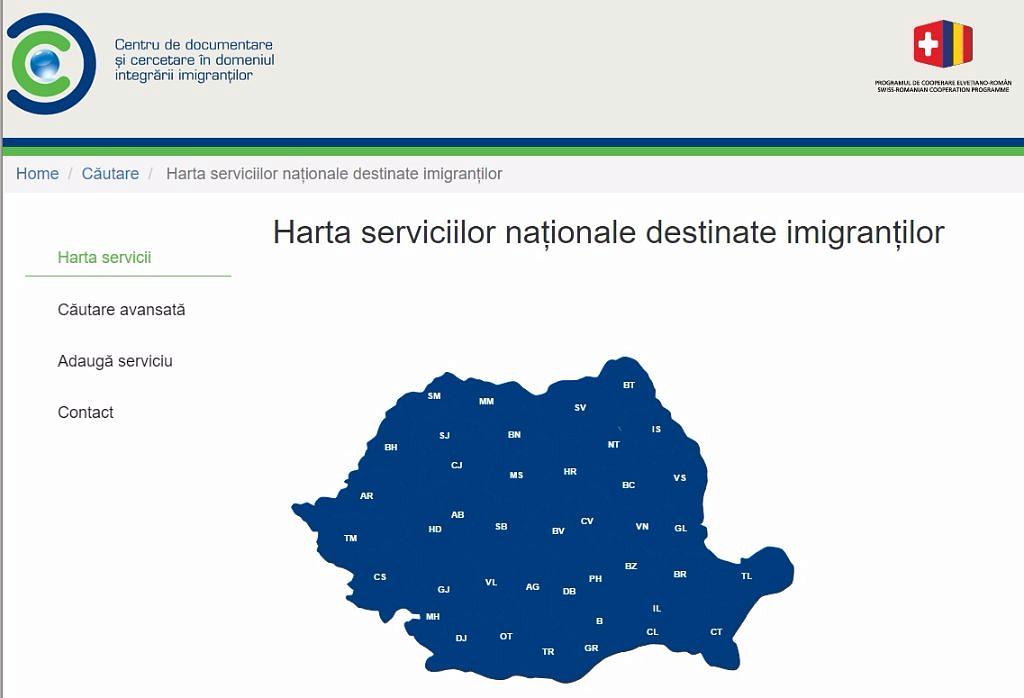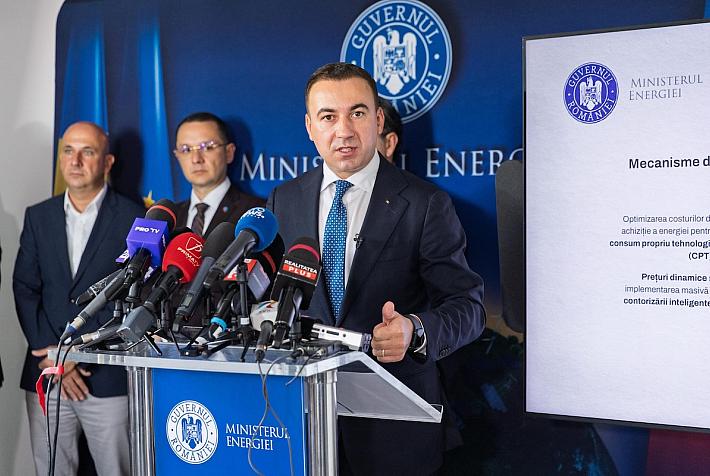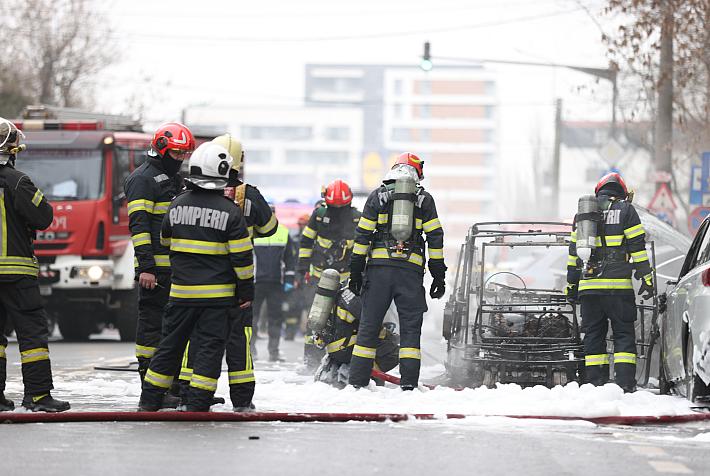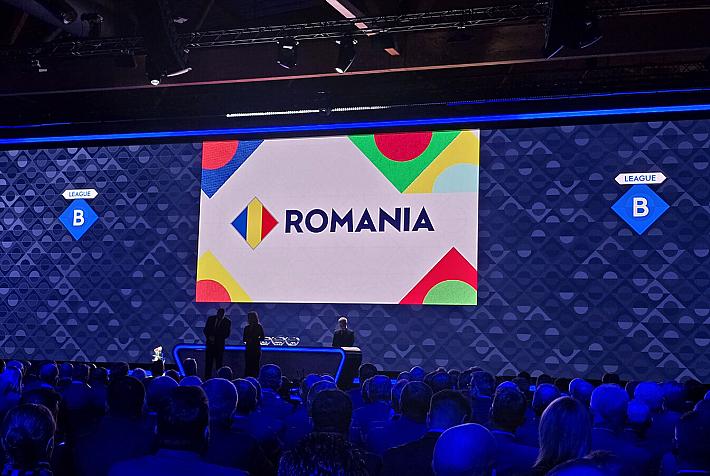Service map for immigrants only available in Romanian

A local organization that wants to help immigrants in Romania has made a map of institutions and services useful to foreigners. However, the list is only available in Romanian.
The Research and Information Center on Immigrant Integration (CDCDI) within the Romanian Association for Health Promotion has recently launched an online map of national services for immigrants. The project, which was co-financed with Swiss grants, is currently available only in Romanian and has no English version.
The map centralizes information about the types of services available to immigrants in each county, and will be developed continuously as new services are created locally. It can be used by both immigrants and organizations and institutions working in the field of migration as well as by decision makers, researchers, and journalists, according to the CDCDI representatives.
The information available so far shows that only 12 counties in Romania (Arges, Bacau, Bihor, Brasov, Cluj, Constanta, Dolj, Galati, Iasi, Sibiu, Suceava, Timis) and the capital Bucharest benefit from the presence of nongovernmental organizations offering specialized services immigrants. The services mainly consist of providing information and advice for obtaining residence and work permit in Romania, accessing the medical services and the education system, and support in finding a home.
Some associations and foundations also organize cultural and social activities, Romanian language courses and cultural accommodation, or offer material support to overcome some risk situations where immigrants are vulnerable.
The General Inspectorate for Immigration (IGI), which has offices in every county capital, is the institution responsible for regulating the entry and stay of foreign citizens in Romania. Besides IGI, the foreigners living in Romania also have access to public service providers such as local agencies for employment, hospitals, and public social services.
Foreign citizens can also address the Ombudsman or the National Council for Combating Discrimination (CNCD) when their rights are violated, including at work.
The map is part of a project to develop a network of organizations active in the field of migration (EMINET), which aims to increase the Romanian NGOs' capacity to participate in formulating migration policies.
The information presented on this map would probably be useful to immigrants if it were also available in other languages.
Irina Popescu, irina.popescu@romania-insider.com












